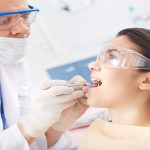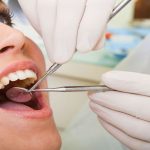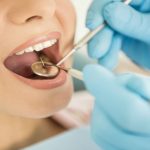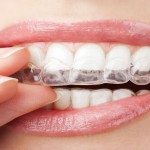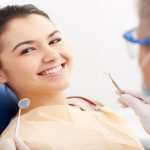In the past 30 years the world of dentistry has widely used various methods of implantation. As a result, it has greatly enhanced the possibility of using fixed prosthesis. Dental Implants Kalamazoo MI is indicated for unilateral and bilateral terminal defects of dentition. Dental implantation is used in accordance with all the rules of manufacturing implants, followed by surgery to prosthetics.
At the heart of the operation is the setting pin (implant). Dentists introduce this into the jaw bone, thus creating a basis on which to put the new crown. The implants are made from titanium. This durable and lightweight metal is not dangerous for the body, and is well aligned for both soft and hard tissues. The engraftment of the implant is possible because of biocompatibility. Germination of new bone into the surface of the implant guarantees a stable connection patient and implant. View website for more details.
Indications for dental implants
Implantation is as shown:
- The absence of one tooth
- With limited defects of four or more teeth
- With toothless jaws, as well as atrophied alveolar process
- When you cannot use dentures
- In case of hypersensitivity to the acrylates and the gag reflex in diseases of the gastrointestinal tract associated with the loss of teeth and chewing disorders
Dental Implants Kalamazoo MI can be carried out by persons 18 to 70 years of age or older, if health permits.
Contraindications
Contraindications depend on absolute and relative factors. They consist of:
- Acute infectious diseases
- In diseases of the skeletal system
- Blood diseases
- If was used radiotherapy of head and neck
- During pregnancy
- Pathological neoplasms; mental illness
- In alcoholism and drug addiction
Relative contraindications consist of the following:
- Poor oral hygiene
- Osteoporosis of the jaw bones
- In diseases of the immune system
- With decompensated diabetes mellitus
- Abuse of tobacco
- Bruxism, clenching of teeth, etc
Care after implantation
After the operation it is necessary to apply ice on the affected cheek every 3 hours for 20 minutes for (one day). Over the next 5 days, it is necessary to continue taking antibiotics, antihistamines, anti-fungal drugs and vitamins. It is recommended to rinse your mouth with an antiseptic solution every hour. After each meal, you need to brush your teeth.
You must observe the rules of hygiene and schedule routine visits to the dentist, as this will help the chances of operation become more successful. Contact Stephanie M Busch – Abbate DDS PLC for more information.

